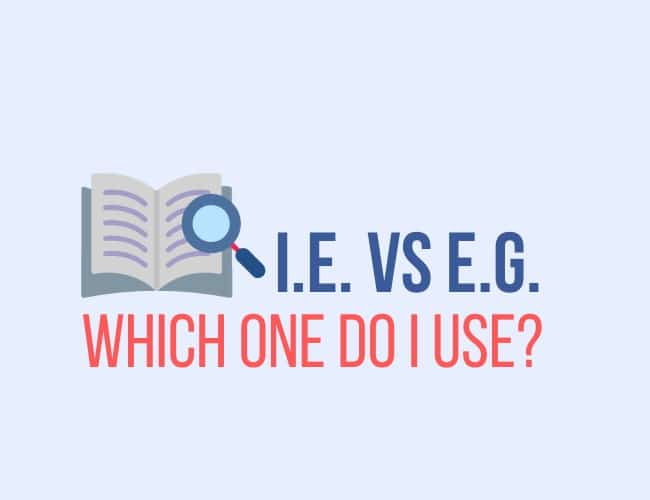
by Liz Bureman |
We all have our pet peeves when it comes to writing. Maybe you hate the Oxford comma. Maybe you loathe the misuse of the ellipsis. As an editor, I’m supposed to have a lot of writing pet peeves, but one of my biggest is the interchanging of e.g. and i.e. I’m here to tell you once and for all that the two are not the same.
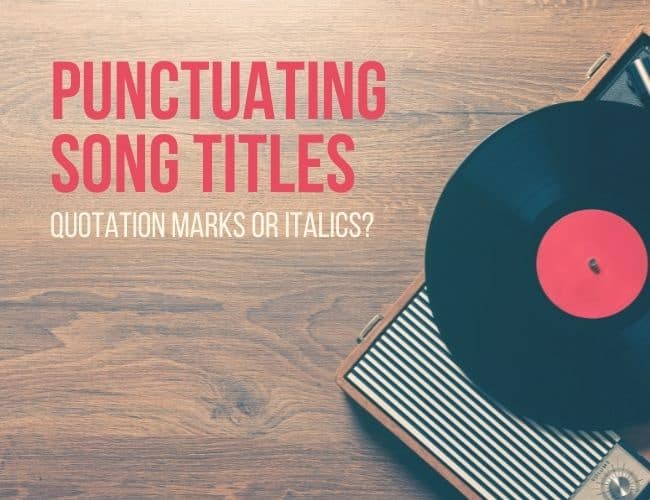
by Liz Bureman |
I love music. I’ve been teaching myself to play guitar, and I can stumble my way through four or five songs without wanting to poke holes in my eardrums, but my main appreciation for music is when other people play it. I’m an avid Spotify user, and I take a lot of pride in my ability to make kickass playlists. One of my girlfriends has even given me the green light to create her hypothetical wedding reception playlist.
Not everyone writes out the titles of their favorite songs or music albums regularly, so it’s no surprise I sometimes hear people ask, “Are song titles italicized?”
The answer is no.
Here’s how it works.
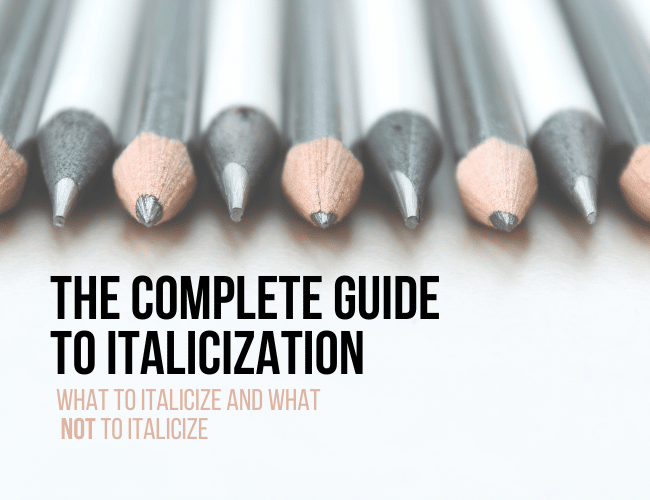
by Liz Bureman and Sue Weems |
Italics are used to distinguish certain text from the rest for emphasis or sometimes contrast. As with all grammar and formatting conventions, italics should be used to make a message clearer to the audience. Let’s look at a complete guide of when to use italics.
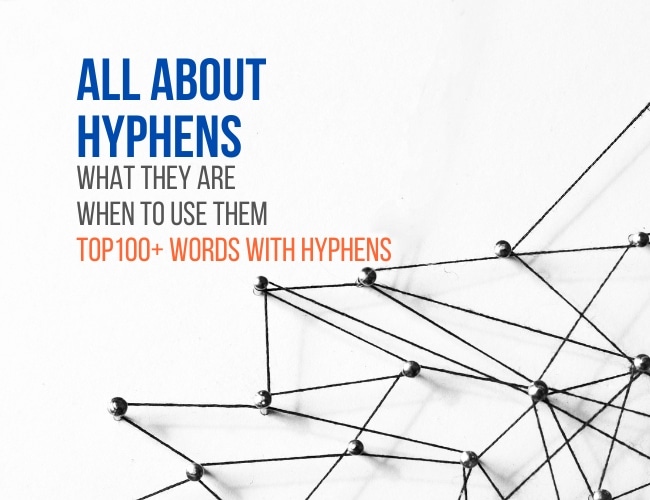
by Liz Bureman and Joe Bunting |
You've seen it, that little line in between two words, like “low-key” or “step-mother.” Maybe you've spotted it at the end of a line in a book, splitting up another word. What does – mean in writing anyway? Well, first of all, you should...
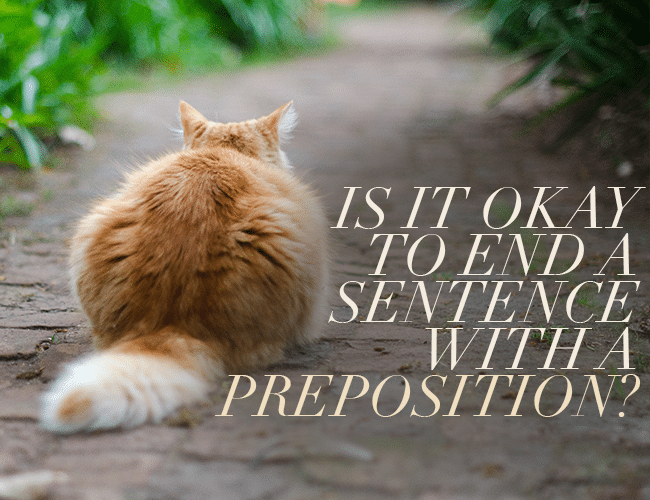
by Liz Bureman and Alice Sudlow |
Occasionally, we grammar enthusiasts need to take a step back and lighten up a little bit. While there are some grammar rules that are hard and fast (I’m looking at you, comma splice), sometimes there is wiggle room (like the controversial claim that you can split infinitives). Today, we’re tackling another wiggly rule: is ending a sentence with a preposition okay?
Well, guess what? I’m here to liberate your pens and tell you that it’s okay for your protagonist to ask her cheating boyfriend who he was just with.




